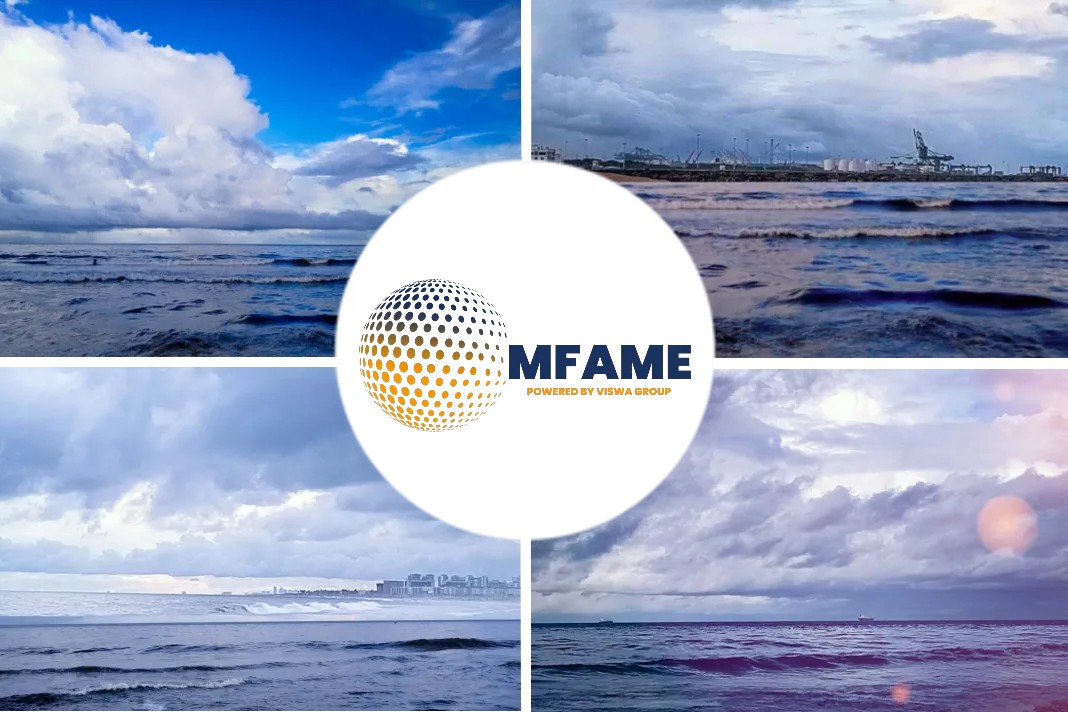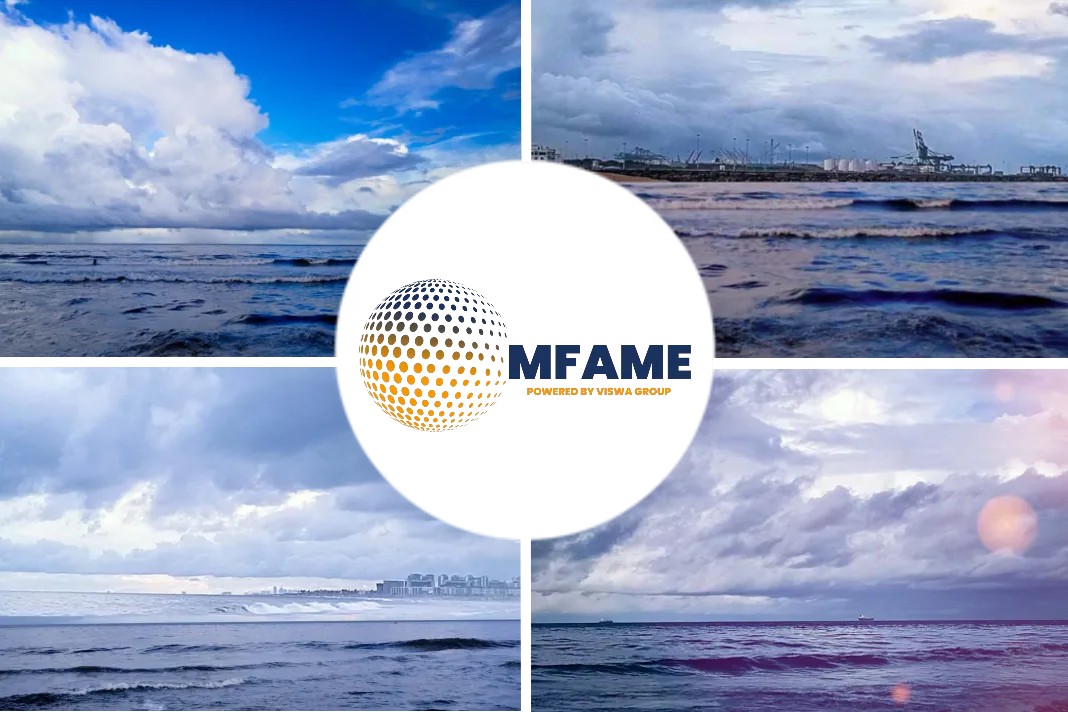Mutual insurers are holding their breath as fuel compliance, scrubber performance and wash water issues present a whole new series of liability risks after IMO 2020 implementation, says an article published in Seatrade Maritime News.
Possible scenarios P&I Clubs focus
The first of these categories covers a wide range of possible scenarios and P&I Clubs are likely to focus on whether there has been any level of wilful disregard for regulations in each individual case.
No transition period
There is no transition period in place following the coming into force of the 0.5% limit on sulphur content from January 1 and therefore port state control (PSC) authorities have been enforcing the regulations since that date.
Carriage ban from 1 March
The first non-compliance issues have already been reported in China a few days ago. PSC authorities will also enforce the regulation banning the carriage of non-compliant fuels from 1 March.
P&I Club risk managers recommendation
Vessel-specific Implementation Plans
P&I Club risk managers are recommending that ship operators have robust vessel-specific Implementation Plans in place, supported by comprehensive records kept on board to demonstrate that the Plan has been followed meticulously.
If a vessel is pulled up by PSC for a non-compliance issue, the crew must be able to demonstrate that they acted in good faith and that all reasonable actions were taken to comply with the regulations, they stress.
Fuel Oil Non-Availability Report (FONAR)
Risk experts also warn that ships’ crews could be under even more pressure to demonstrate that they have exercised all reasonable care in circumstances were compliant fuel is unexpectedly not available in a port where bunkers are required.
The IMO’s standard format Fuel Oil Non-Availability Report (FONAR) enables ship masters to report situations in which it has not been possible to procure compliant fuel. Once again, accurate record-keeping on board ship will be essential in such cases.
Fines imposed on ship operators
One particular risk area is that of fines imposed on ship operators for using non-compliant fuel where contamination is likely to have been caused by heavy fuel oil (HFO) residuals in bunker tanks that have not been properly cleaned. In such cases, discretion might not be exercised in a member’s favour, an internal P&I document has warned.
Sampling at the bunker manifold
A further concern is that large shoreside tanks at refineries and storage depots which have been used for HFO over many years could easily contaminate compliant fuel prior to its supply to ships. Diligent sampling at the bunker manifold, therefore, is now more important than ever.
Did you subscribe to our daily newsletter?
It’s Free! Click here to Subscribe!
Source: Seatrade Maritime News













![[Watch] MAN Propulsion System Upgrade To Reduce Fuel Consumption and Emissions](https://mfame.guru/wp-content/uploads/2019/02/MAN-1-696x385.jpg)

